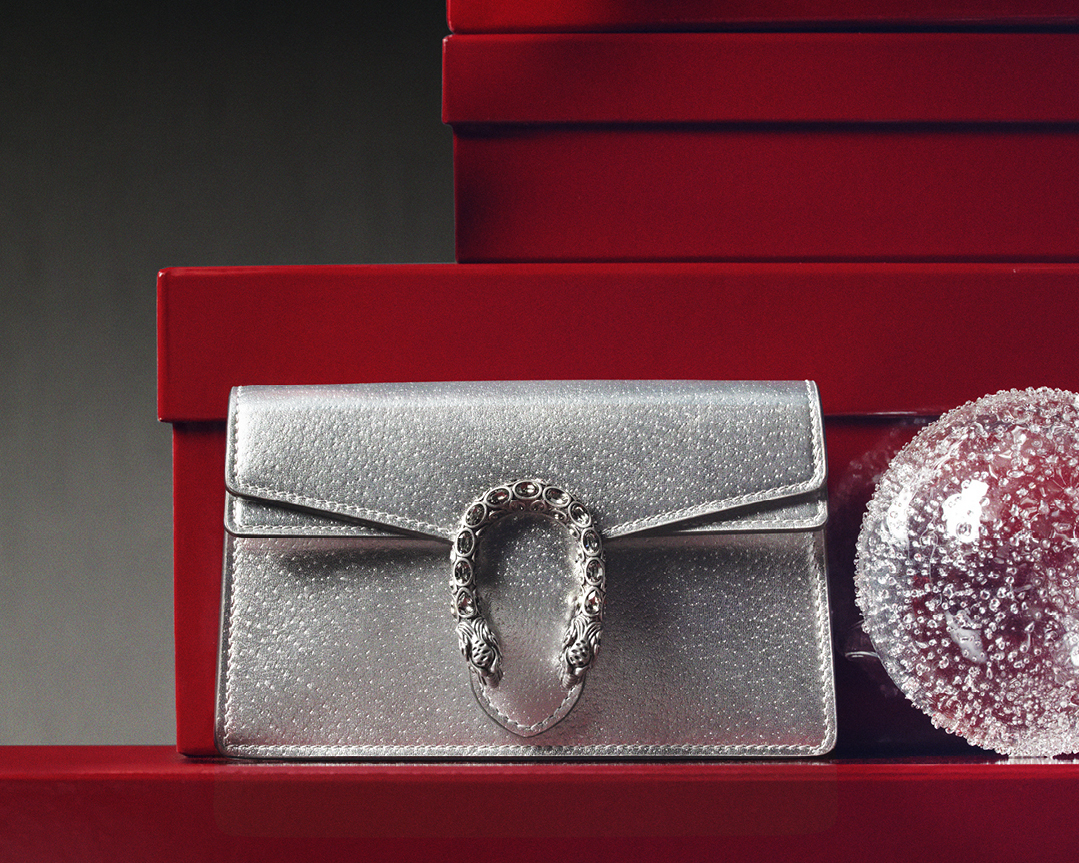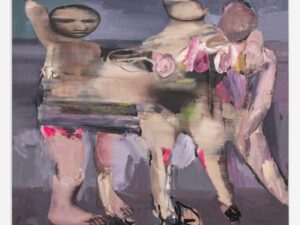Daughters of Yesterday, Mothers of Tomorrow: Breaking and Rebuilding the Cycle of Love & Acceptance
I was eleven years old when my mother, with a loud and direct tone, kicked out a rude insurance agent. A few months later, she didn’t have a towing hitch on her car, so she pulled a trailer by herself back to our house. She would always stand her ground and she never let anybody diminish her dignity. Not even by my Dad when they got a divorce in 2008.
A mother raising a daughter in a patriarchal society is more challenging than it needs to be. It requires strength, experience, hope. It comes with fear and a new unknown. Growing up, I always admired my Mom. My sister and I learned to be confident in our early years, and I tried to keep that confidence going through my teenage life. In order to express who I wanted to be, I started to buy my own clothes and experiment with my own sense of fashion. It felt good to become a more independent person, to make decisions without any adults. But, I would come home from shopping, and was met with questions from my Mom like: “You have no boobs, why did you buy a bra?” My sister would get “Maybe you should buy that in a bigger size.”
Mothers are vital. They teach you how to handle life, but at the same time, they have the capacity to crush you onto the ground with one simple sentence. Mothers are a rollercoaster of making you feel empowered; the next moment, they are judging your whole appearance. There is a tricky balance to the approach of a Mother: of bestowing honesty, with having no boundaries because you came directly out of them.
In these moments, she controlled all the strength she once gave to me, and yet she was also able to take away all the confidence she gave to me. It hurts when it comes from your role model. It’s forgivable at the same time. She supported me, she sacrificed, and she had a lot of stress and responsibility that is not always so easy to appreciate and respect when you are little.
Getting older, you’ll realize that your Mother is also just a human being. She isn’t the omniscient owner and mover of the world like you once thought she was. She grew up in a different time; perspectives will collide. Today, my Mother raises her eyebrows when I talk about menstruation, and I see her noticing my leg and armpit hair. Her reactions will not change, but mine can. Now I can handle it better. Her ways of growing up were different and uptight, there was no space for expressing feelings nor room to talk of insecurities. Shame can be the atmosphere to dominate these situations.
We girls have been taught our whole life to accept ruthlessness in comments on our weight, or to quietly allow suggestions for our hairstyles, especially when it comes from elderly women or the women that are closest to us. I needed approximately twenty years to realize this. My sister and I managed to break that cycle. Girls now have accessible resources to educate and empower ourselves from outside of our Mothers. We have the ability to peruse body positivity movements. We have the freedom to encourage other girls to stay true to their beautiful selves. We are able to question all the hidden structures backing every misogynistic, unwelcome remark. And I am no longer bothered by the comments my Mother or anyone else might direct at me. Instead, I do what she taught me: I do not let anybody diminish my dignity.



